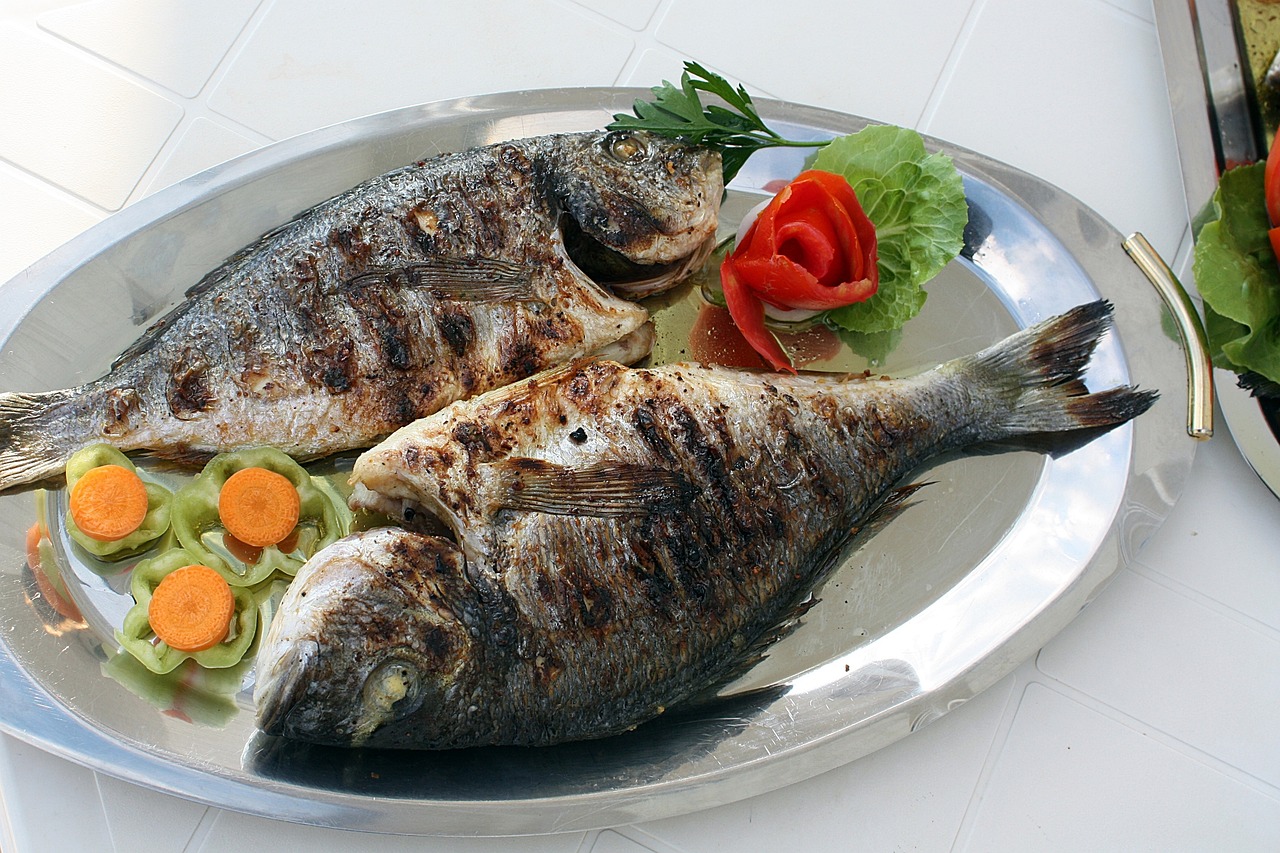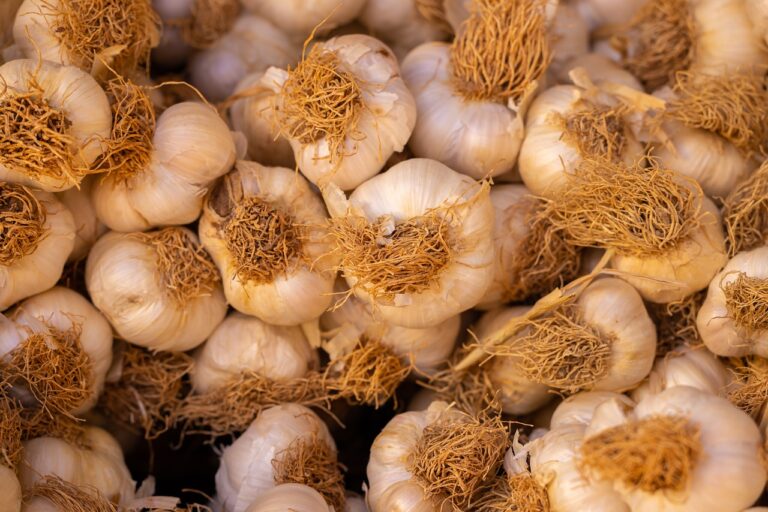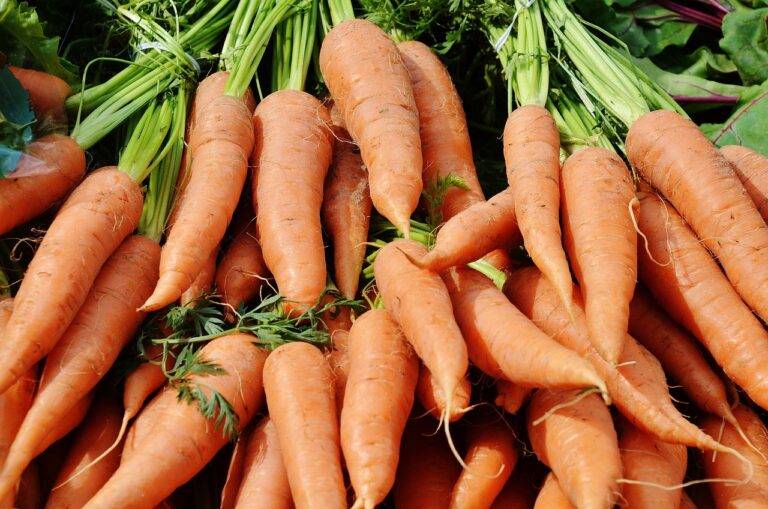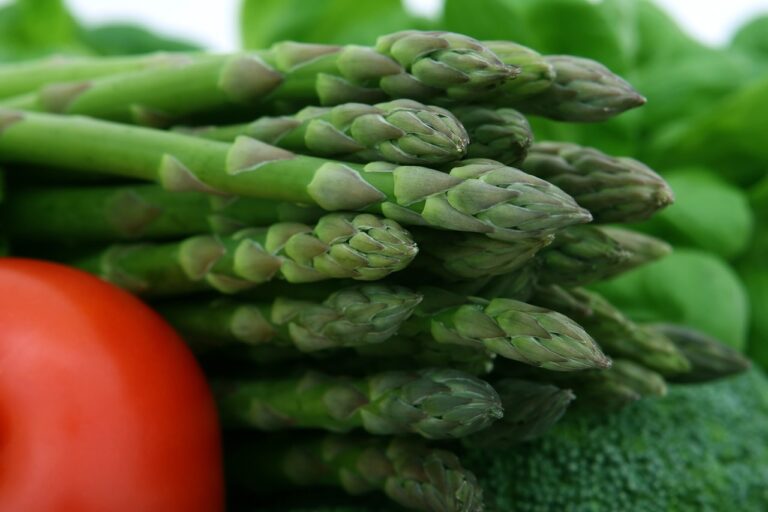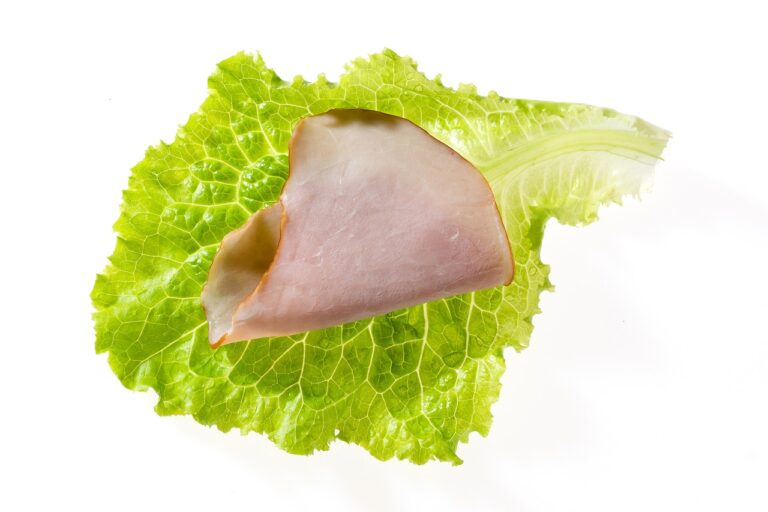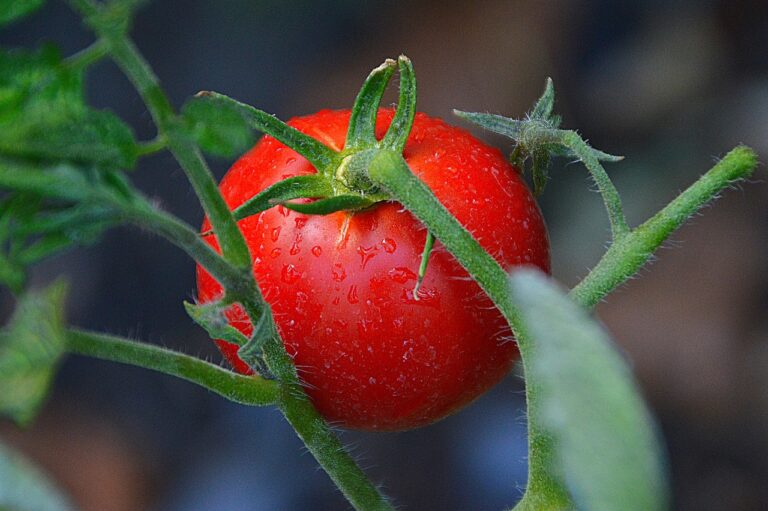Cooking with Exotic Ingredients: A Culinary Exploration
Welcome to the world of exotic ingredients, where culinary exploration knows no bounds. Cooking with exotic ingredients can add a whole new dimension to your dishes, bringing unique flavors, textures, and colors to your table. In this article, we will delve into the wonderful world of exotic ingredients, exploring the benefits, challenges, and tips for incorporating them into your cooking repertoire.
Understanding Exotic Ingredients
Exotic ingredients are typically sourced from different regions around the world, each with its unique culinary heritage. These ingredients can include rare spices, unusual fruits, unconventional vegetables, and specialty meats. Exploring exotic ingredients allows you to broaden your culinary horizons, experiment with new flavors, and create dishes that are both delicious and visually stunning.
Benefits of Cooking with Exotic Ingredients
There are several benefits to incorporating exotic ingredients into your cooking:
- Unique Flavors: Exotic ingredients bring new and exciting flavors to your dishes, adding depth and complexity to your culinary creations.
- Cultural Exploration: Cooking with exotic ingredients allows you to learn about different cultures and their traditional culinary practices.
- Creative Expression: Experimenting with exotic ingredients gives you the opportunity to unleash your creativity in the kitchen and create dishes that are truly one-of-a-kind.
- Nutritional Variety: Exotic ingredients often offer unique health benefits, providing a diverse range of nutrients to support overall health and well-being.
Challenges of Cooking with Exotic Ingredients
While cooking with exotic ingredients can be incredibly rewarding, it also comes with its challenges:
- Availability: Some exotic ingredients may be difficult to find in local supermarkets, requiring you to seek out specialty stores or online retailers.
- Cost: Exotic ingredients can be pricey, so it’s important to consider your budget when incorporating them into your cooking.
- Preparation: Some exotic ingredients may require special preparation techniques or equipment, so be prepared to invest time and effort into working with them.
- Storage: Exotic ingredients may have a shorter shelf life than common pantry staples, so proper storage is essential to prevent wastage.
Tips for Cooking with Exotic Ingredients
Here are some tips to help you make the most of your culinary exploration with exotic ingredients:
- Start Small: Begin by incorporating small amounts of exotic ingredients into familiar dishes to ease into their flavors and textures.
- Research Recipes: Look for recipes that specifically feature the exotic ingredients you want to use to ensure a harmonious flavor profile.
- Experiment Freely: Don’t be afraid to get creative and experiment with different combinations of exotic ingredients to discover new flavor pairings.
- Seek Guidance: If you’re unsure about how to use a particular exotic ingredient, seek advice from experienced chefs, online forums, or cooking classes.
Popular Exotic Ingredients to Try
There are countless exotic ingredients to explore in the culinary world, but here are some popular options to get you started:
- Dragon Fruit: This vibrant fruit has a mild, sweet flavor and a striking appearance, making it a popular choice for salads, smoothies, and desserts.
- Galangal: A relative of ginger, galangal has a citrusy, peppery flavor that adds a unique kick to Thai and Indonesian dishes.
- Kaffir Lime Leaves: These aromatic leaves are commonly used in Southeast Asian cuisine to add a zesty, citrusy flavor to soups, curries, and stir-fries.
- Yuzu: A Japanese citrus fruit with a bright, tangy flavor, yuzu is often used to add a refreshing kick to sauces, dressings, and desserts.
- Shiso: Also known as perilla, shiso is a Japanese herb with a distinct flavor that is often used to garnish sushi, sashimi, and salads.
Conclusion
Embark on a culinary adventure with exotic ingredients and watch your dishes come to life with new and exciting flavors. Whether you’re a seasoned chef or an amateur cook, exploring the world of exotic ingredients can open up a world of possibilities in the kitchen. So, roll up your sleeves, sharpen your knives, and get ready to embark on a flavorful journey like no other!
FAQs
1. Where can I find exotic ingredients?
Exotic ingredients can be found in specialty stores, online retailers, farmers’ markets, and international grocery stores. Look for stores that specialize in imported goods for a wide selection of exotic ingredients.
2. Are exotic ingredients expensive?
Some exotic ingredients can be pricey, but there are also more budget-friendly options available. Consider buying in smaller quantities, sourcing locally when possible, or growing your own exotic ingredients to save on costs.
3. How do I store exotic ingredients?
Exotic ingredients should be stored according to their specific requirements. Some may need to be refrigerated, while others can be kept in a cool, dry place away from direct sunlight. Be sure to check the packaging or do some research to determine the best storage method for each ingredient.
4. Can I substitute exotic ingredients with more common ones?
While some exotic ingredients have unique flavors that are difficult to replicate, you can often find suitable substitutes for certain ingredients. Experiment with different options to find a flavor profile that works for your dish.

